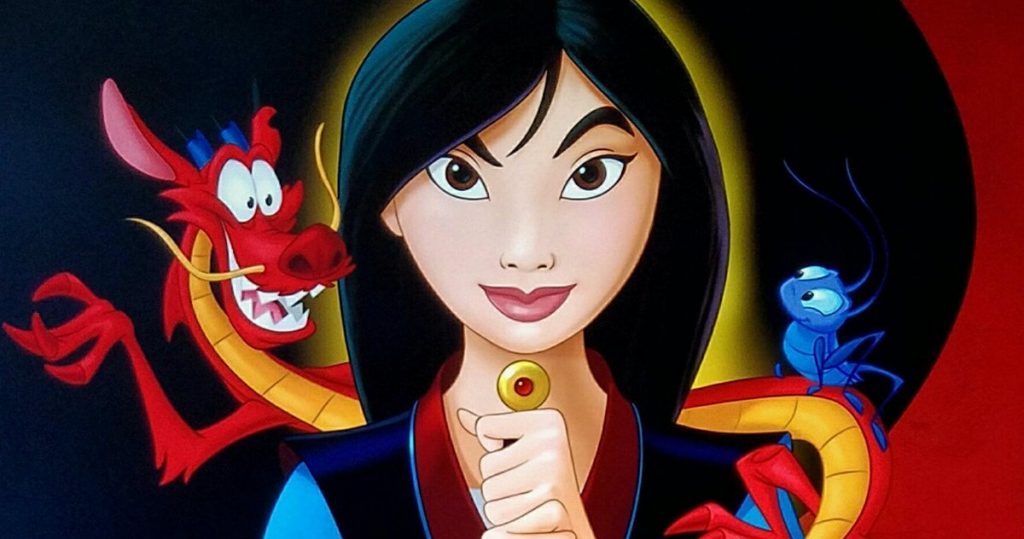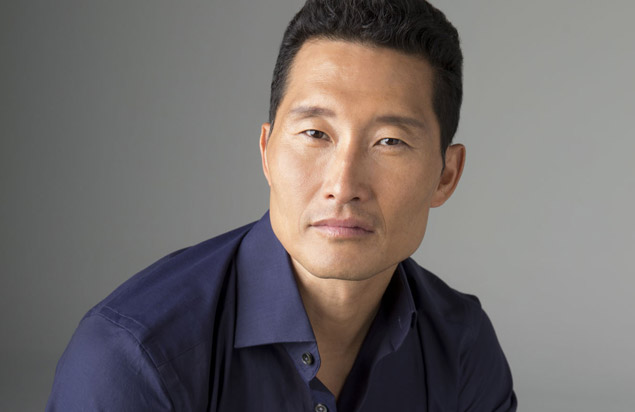I’m very much interested in exploring Asian philosophies and culture in both my academic and personal life. Of course, in academia today we must be mindful of our contexts and horizons. While I consider myself Chinese, I’ve grown up in an English-speaking environment. English is my first language rather than Cantonese or Mandarin. There are moments when I wish I were more fluent in Mandarin and Cantonese, but regret is unproductive. What I can do presently is to read and write more Chinese; practice makes perfect.
There are many Westernized ethnic Chinese living in the Anglophone world. As such, we are increasingly passionate about being represented in the mainstream media. For me, it’s television programs and movies made in the UK and North America. We grew up with very few role models on our screens and in our books. Diversity and representation in the media matters because we contribute immensely to the societies in which we’ve made our home. Seeing our stories represented in the mainstream media will also allow for greater understanding and dialogue between the dominant white, Anglo culture and Chinese communities.
Even from a hard-nosed business perspective, it’s so much more important now for Hollywood to tell more Chinese stories. The Chinese market provides much of Hollywood’s revenue and there are many Westernized Chinese like me who wish to consume Chinese cultural content in English.
Very gradual progress is being made, and while not all Asian representation is Chinese representation, I feel every kind of positive Asian representation is a small victory. Korean-American producer, Daniel Dae-Kim, has produced a critically acclaimed American adaptation of a Korean medical drama centered on an autistic surgical resident. He is also planning to produce a television series based on Gay Hendricks and Tinker Lindsay’s mystery novel series with the Buddhist detective, Tenzing Norbu, First Rule of Ten. This is groundbreaking, not only because it has a Korean-American producer in a mostly non-Asian entertainment industry producing a police procedural with a Tibetan Buddhist protagonist, but also because this is the next bit of Asian representation: no longer simply an exoticized Other, but an integral part of the fabric of American life.

Disney is incorporating more diversity into their movies (as happened in Star Wars: the Last Jedi), and casting a Chinese actress in the upcoming live-action adaptation of their 1998 animated film, Mulan. I think Marvel’s Agents of S.H.I.E.L.D. and the situation comedy, Fresh off the Boat, a comedy about a Taiwanese-American family, were fairly innovative. The former is innovative because its Chinese characters’ ethnicity is not the only trait of their characters. It’s refreshing to see a show where the Chinese characters are Chinese but also professional, stubborn, rebellious, introverted, and a whole host of other things. Their ethnicity is not their only identity, their strength, personalities and accomplishments also define them. The fact that both characters are played by Ming-Na Wen and Chloe Bennet only added to their appeal.
Fresh off the Boat was the first American television situation comedy starring an Asian-American family to air on a primetime American network since the Korean-American comedienne, Margaret Cho’s All-American Girl, which aired for only one season in 1994. Fresh off the Boat (played by Asian-American actors) is a television situation comedy about a Taiwanese American family as they make their way from Washington D.C.’s Chinatown to Orlando, Florida, with Eddie Huang, the family man, opening a cowboy-themed steakhouse there. It is to the series’ credit that their stories, while exaggerated for comedic effect, are often true to immigrant life.
I only hope that Mr. Dae Kim’s First Rule of Ten will be well-received, because Nury Vittachi’s Feng Shui Detective would perhaps be the next to be adapted if it were.

